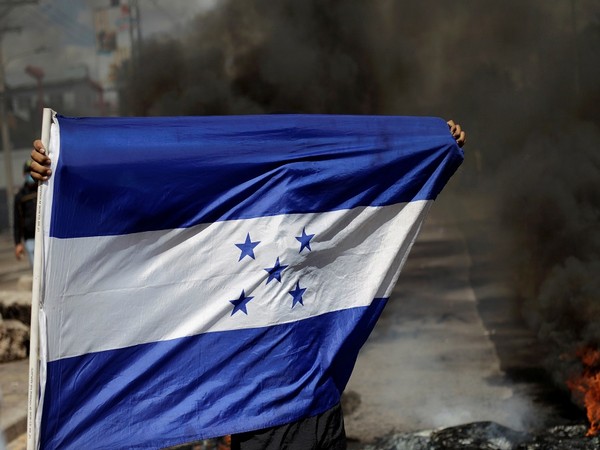The Government of Honduras has been commended for its commitment to adopting an alternative, planet-centered development model but must take critical measures to address systemic challenges, said UN Special Rapporteur on the right to development, Surya Deva, following an 11-day visit to the country.
“Honduras has the opportunity to pioneer a development framework that prioritizes people, planet, and participation,” stated Deva. He highlighted the importance of inclusivity, urging that marginalized groups—such as Indigenous Peoples, women, and Afro-Hondurans—be actively involved in shaping development policies and programs.
While noting progress in reducing poverty and the homicide rate, Deva identified significant hurdles, including systemic inequality, inadequate infrastructure, and environmental challenges. “Despite the challenges, the Government must ensure no one is left behind. Access to water, education, health, and sustainable employment must be universal and equitable,” Deva stressed.
The Special Rapporteur outlined actionable recommendations to enhance Honduras’ development model:
Strengthen Law and Order: Address narcotics-related crime and build resilient infrastructure to reduce societal vulnerabilities.
Promote Tax Reform and Climate Financing: Introduce progressive taxation, eliminate sweeping corporate tax exemptions, secure climate-focused grants, and negotiate debt swaps for environmental action.
Support Environmental Defenders and Indigenous Rights: End the criminalization of environmental activists and Indigenous leaders, issue land deeds to Indigenous communities, and mandate free, prior, and informed consent before approving projects impacting their territories.
Encourage Responsible Business Conduct: Ensure companies adhere to laws and international standards on human rights, labour, and environmental protections. Foreign investors must collaborate with the Government’s efforts rather than pursue arbitration claims that undermine environmental and social objectives.
Advancing Equity and Sustainability
Deva emphasized that Indigenous Peoples and marginalized groups must be central to Honduras’ development agenda. He called for targeted measures to protect women and Afro-Hondurans from discrimination and violence while ensuring they have equitable access to opportunities.
Additionally, the Government must address the economic disparity by fostering social equity and transparency in its governance. Initiatives like progressive taxation and reducing reliance on external debt would create a more sustainable fiscal framework to support its ambitious development goals.
“No one should die or face intimidation for protecting nature or their land,” Deva asserted. He urged the Government to take decisive steps to safeguard human rights defenders and Indigenous communities actively working to preserve the environment.
A Vision for the Future
The Special Rapporteur encouraged the Government to adopt a consensus-driven approach that aligns stakeholders—public, private, and civil society—toward a shared vision for development. He lauded the opportunity for Honduras to set an example of how to balance economic growth, environmental stewardship, and social inclusivity.
Deva’s findings and recommendations will be detailed in a comprehensive report to be presented to the UN Human Rights Council in September 2025. The report will serve as a blueprint for Honduras’ continued efforts to achieve sustainable and harmonious development that uplifts all its citizens.











